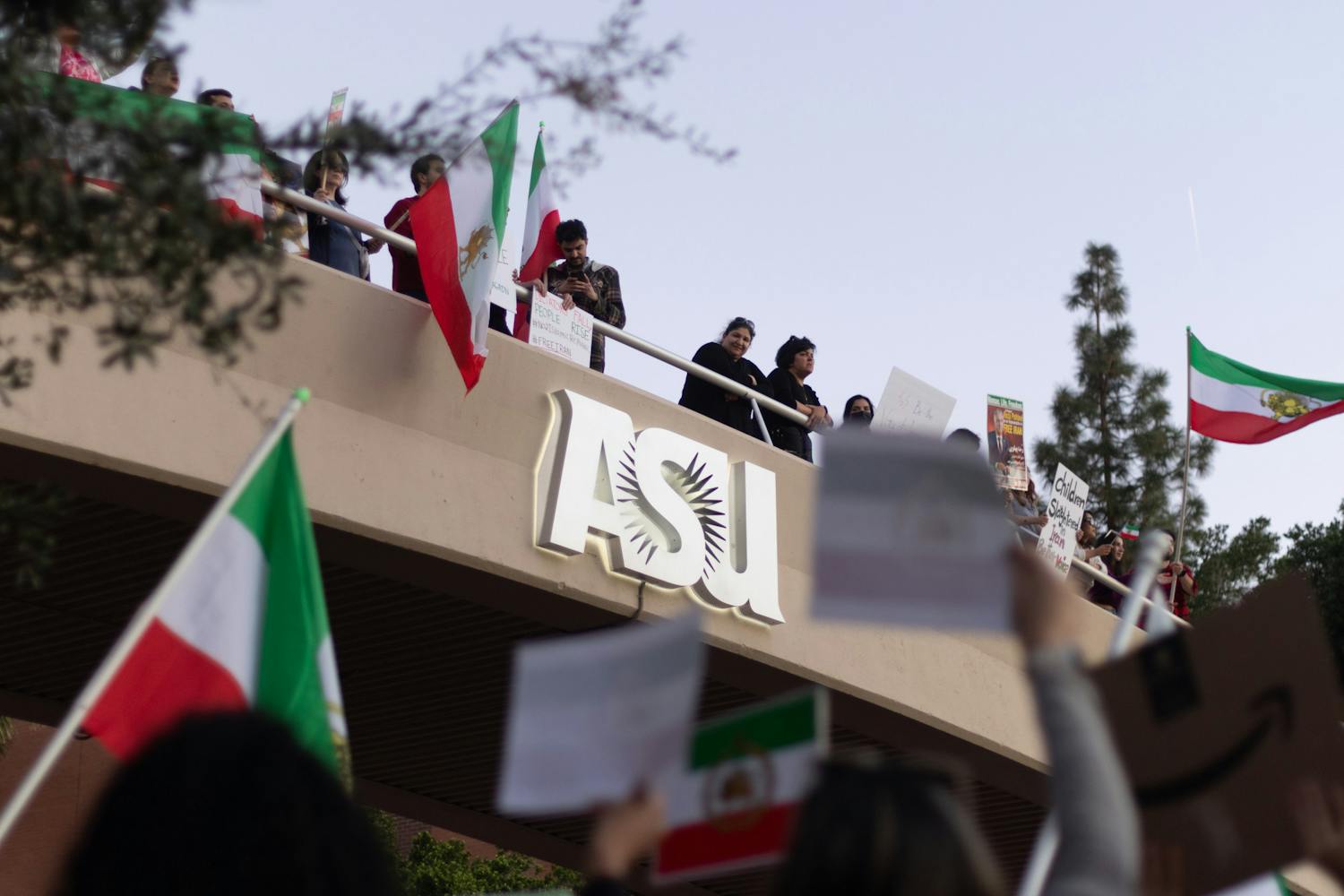Sweden’s official recognition of Palestine’s nationhood is hopefully the first step of many that Western powers will take to resolve the Israel-Palestine Conflict once and for all. Sweden joins non-EU Iceland as the only other Western European power to recognize Palestine — a distinction also shared with Eastern EU members Bulgaria, Cyprus, the Czech Republic, Hungary, Malta, Poland and Romania. It’s a small step in the right direction, but until there is multilateral international pressure on both Israel and Palestine, this conflict will not come to an end.
In the meantime, while the U.S. continues to eschew Palestine diplomatically, U.N.-collected statistics report that 70 percent of casualties in Gaza are civilians. The real numbers illustrate the disparity in power between Israel and Palestine — 70 casualties, nearly all military, suffered by Israel, compared to 2,000+ Palestinians dead in Gaza. The numbers are pretty disparate in spite of the thousands of rockets that get launched at Israel according to the media. There really are two sides to every story.
The only way to achieve peace in the Middle East is by recognizing the sovereignty of both Israel and Palestine while distributing the disputed land equitably between both sides. Spurred by Sweden, the world community, especially Israel’s long-time ally the U.S. must take a stand for a two-state solution. The people of Israel and Palestine must suspend their debate over whose land it really is in exchange for a focus on reaching long-lasting peace.
Serendipity! A firm majority of both Israeli and Palestinian citizens already support a two-state solution based off of 1967-era borders. Backing for the two-state solution is similarly high among American Jews as well. With so much popular support, why isn’t this solution in place already? Where is the end to this seven decade king-of-the-hill match?
If the powers that be have any say, there won’t be a solution to this conflict in the Middle East anytime soon. The largest annual recipient of direct U.S. economic and military assistance since 1976 and the largest overall since WWII provides its sponsor with a glorified military outpost in return for complete solidarity on international matters.
And what about the slim minority of radicals who want to obliterate the opposite country or rack up a bigger death toll for their enemies? When they aren’t holding government office they’re the loudest voices of the debate and force the issue with their politicians. The über-patriot vanguards, the ultra-religious zealots—these people drown out the rational majority who want a peaceful, fair resolution.
The usual culprits — money, weapons, political leveraging — are to blame for the current crisis. Curiously enough, some of that political pillow talk has come back to condemn the troubled relationship plaguing U.S. and Israeli officials. Now is the best time in decades to finally bury the hatchet between these two nations instead of continually burying their citizens. The international community holds the key to facilitating candid deliberations about this cherished land through overt political pressure and symbolic shows of support and solidarity. Peace talks, but will Israel and Palestine listen?
Reach the columnist at hfinzel@asu.edu or follow him on Twitter @OnlyH_man
Editor’s note: The opinions presented in this column are the author’s and do not imply any endorsement from The State Press or its editors.
Want to join the conversation? Send an email to opiniondesk.statepress@gmail.com. Keep letters under 300 words and be sure to include your university affiliation. Anonymity will not be granted.
Like The State Press on Facebook and follow @statepress on Twitter.



